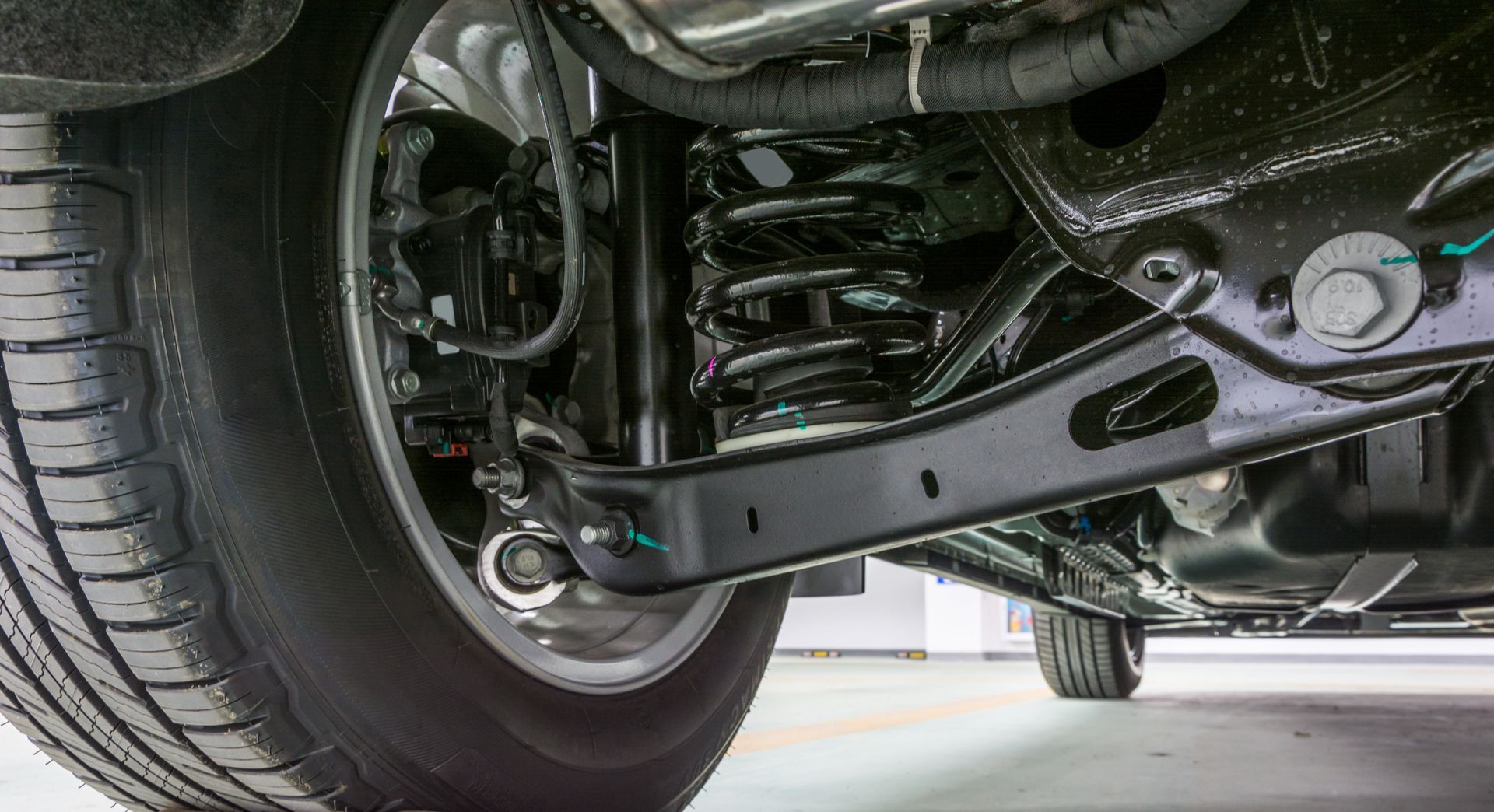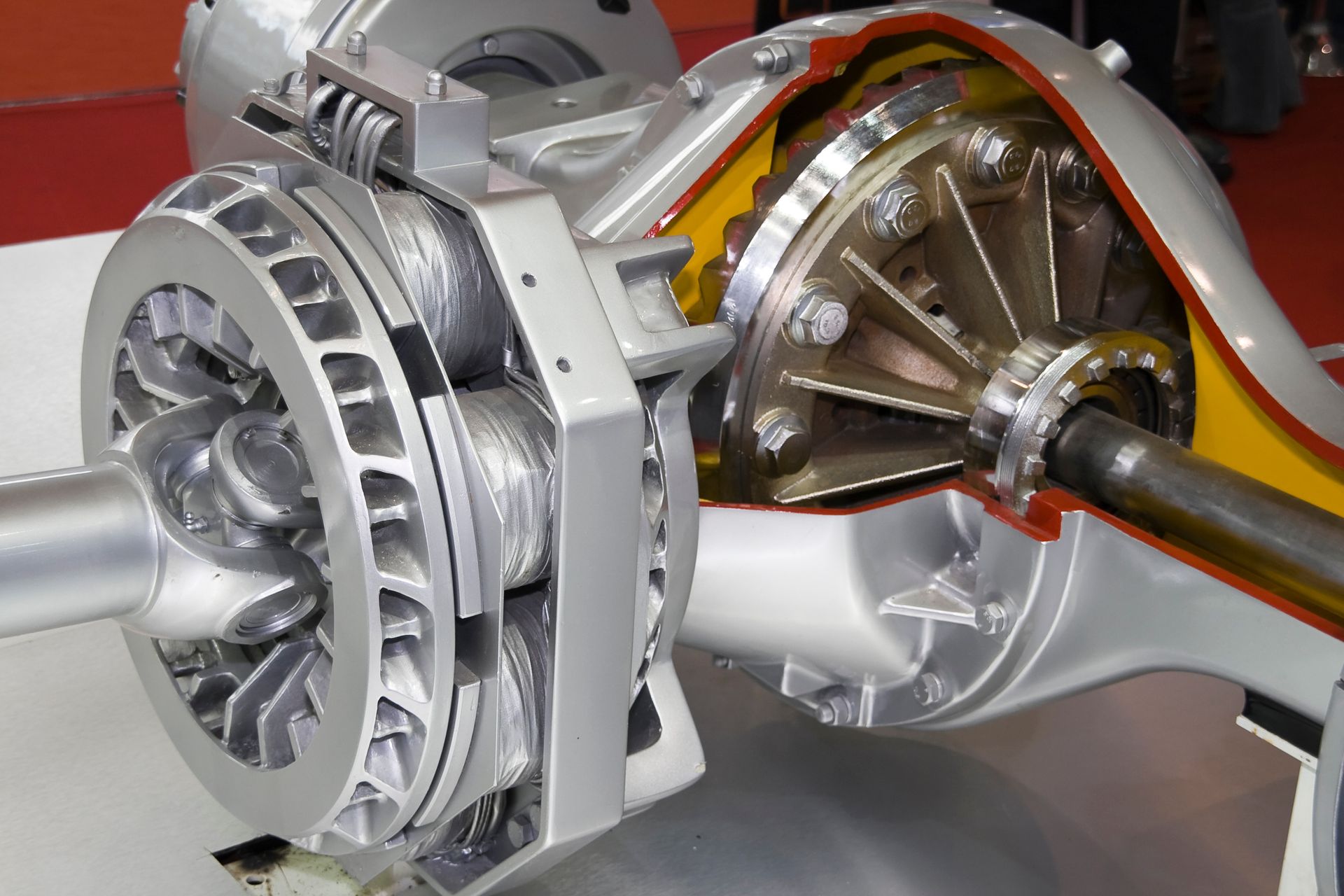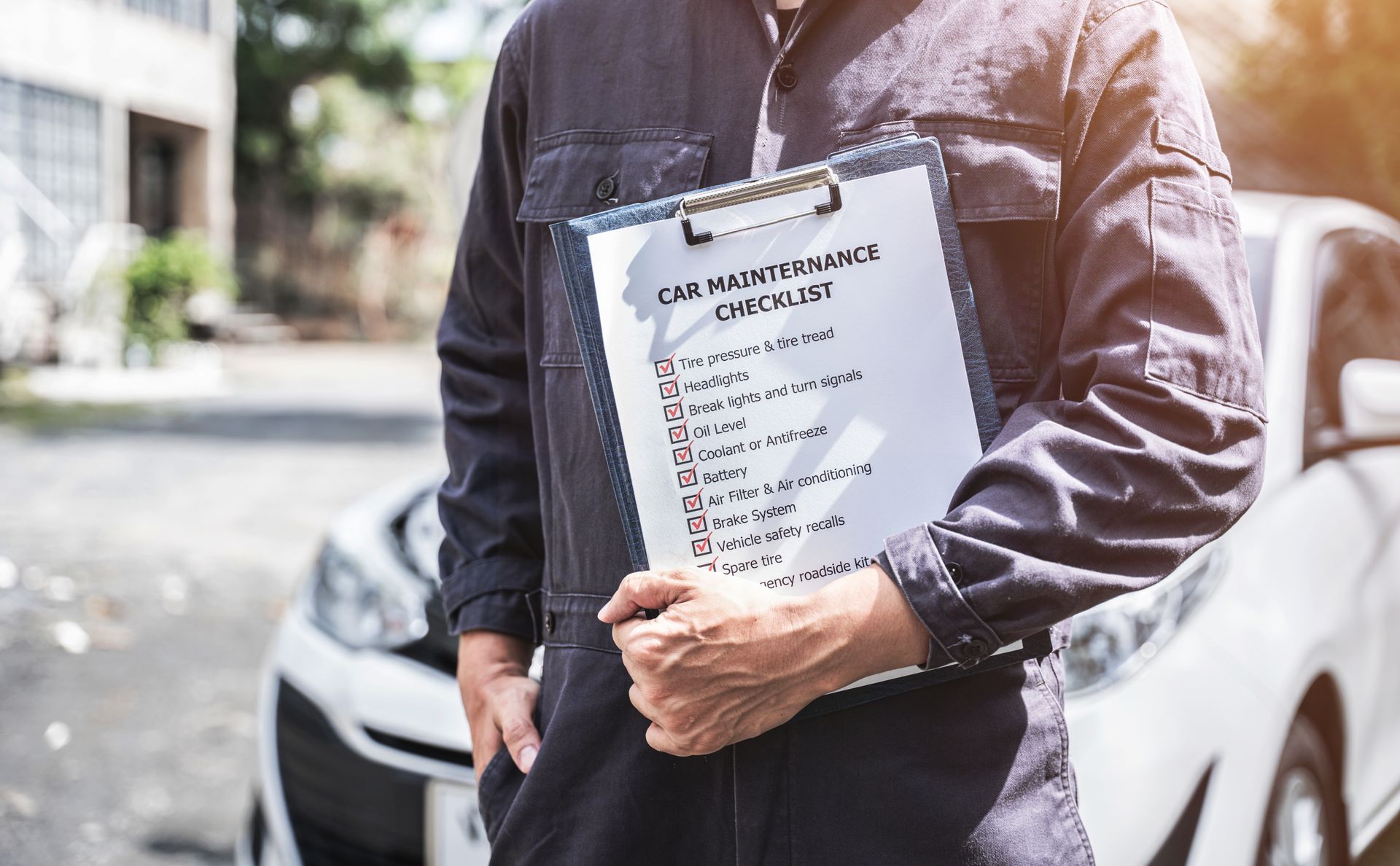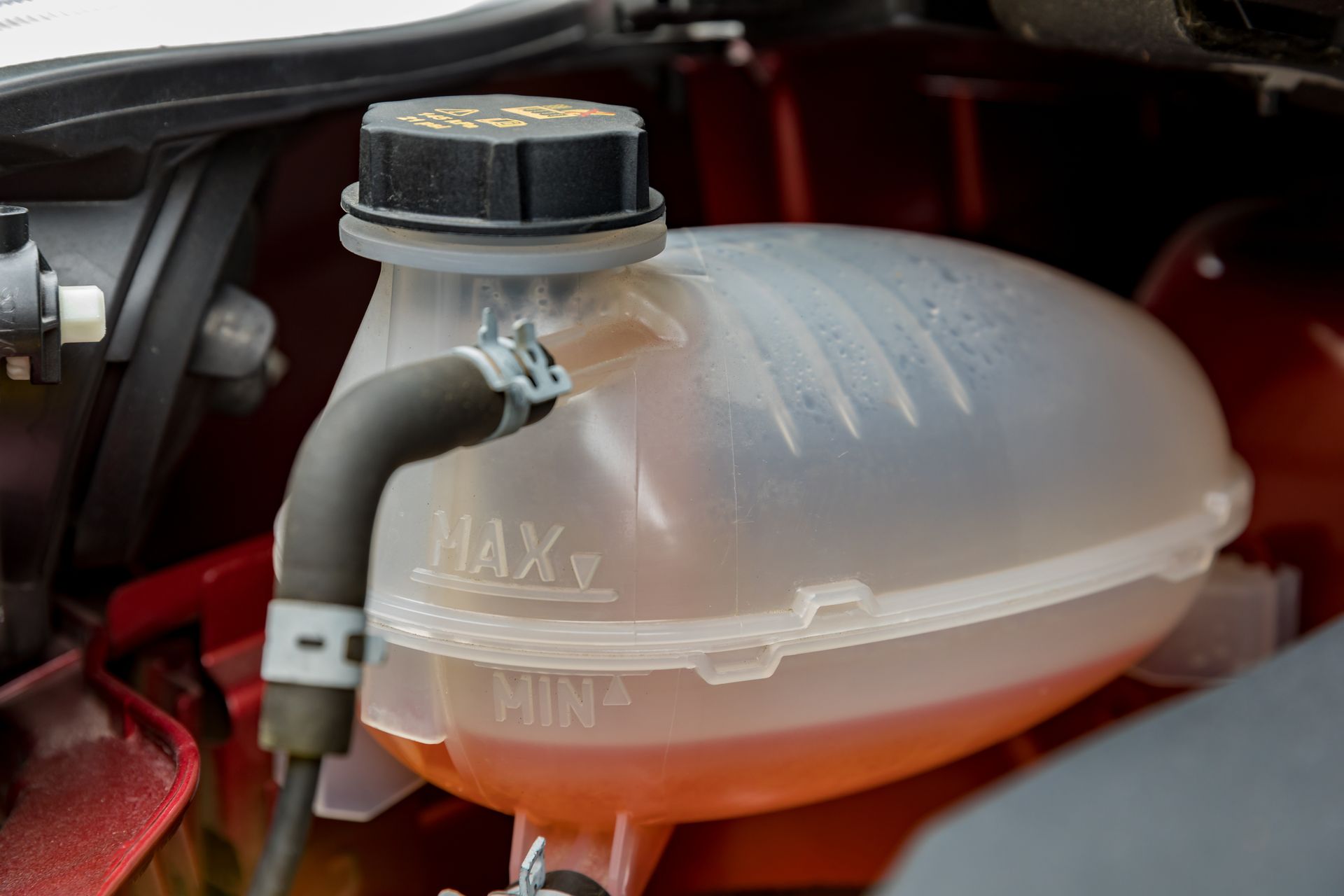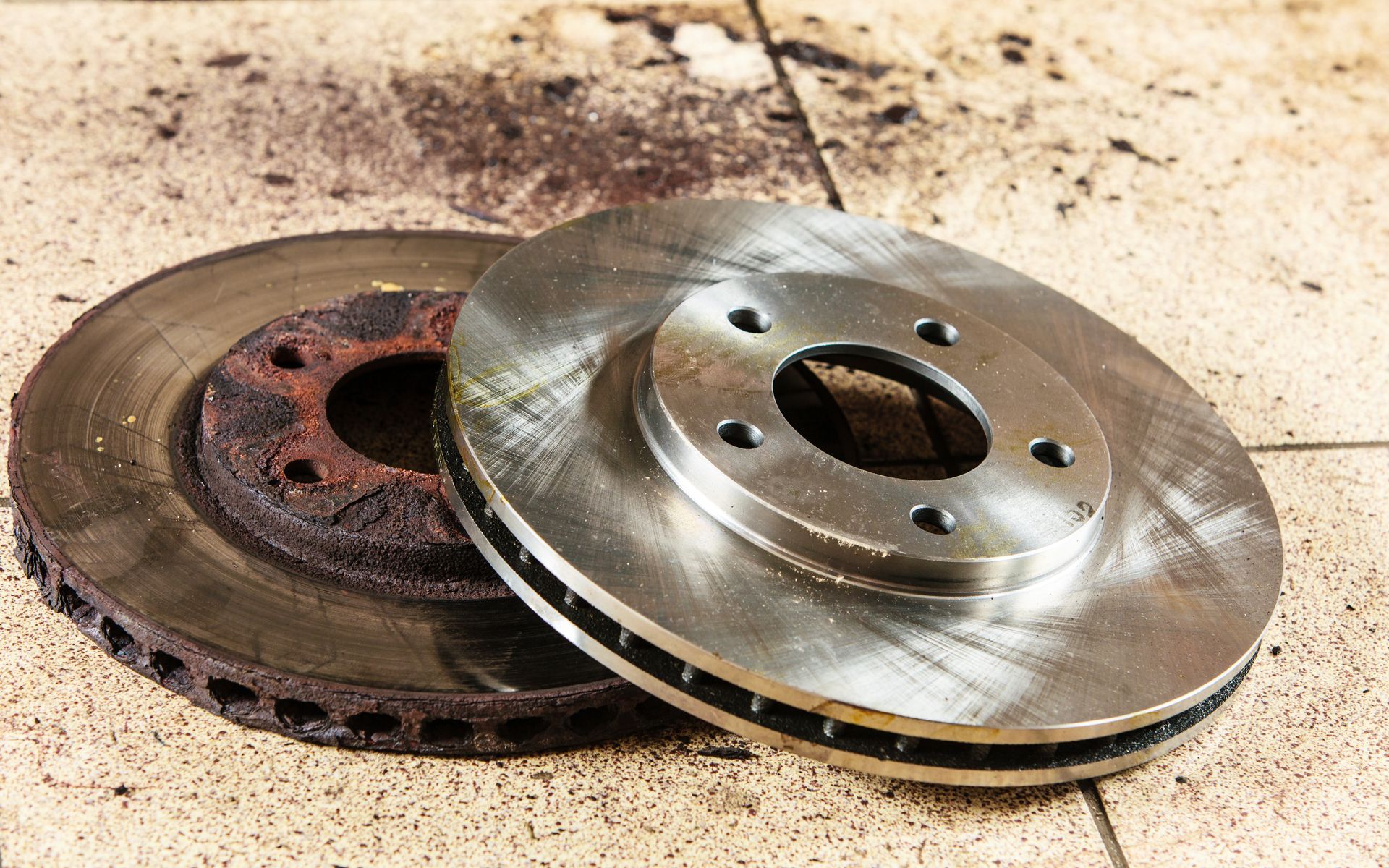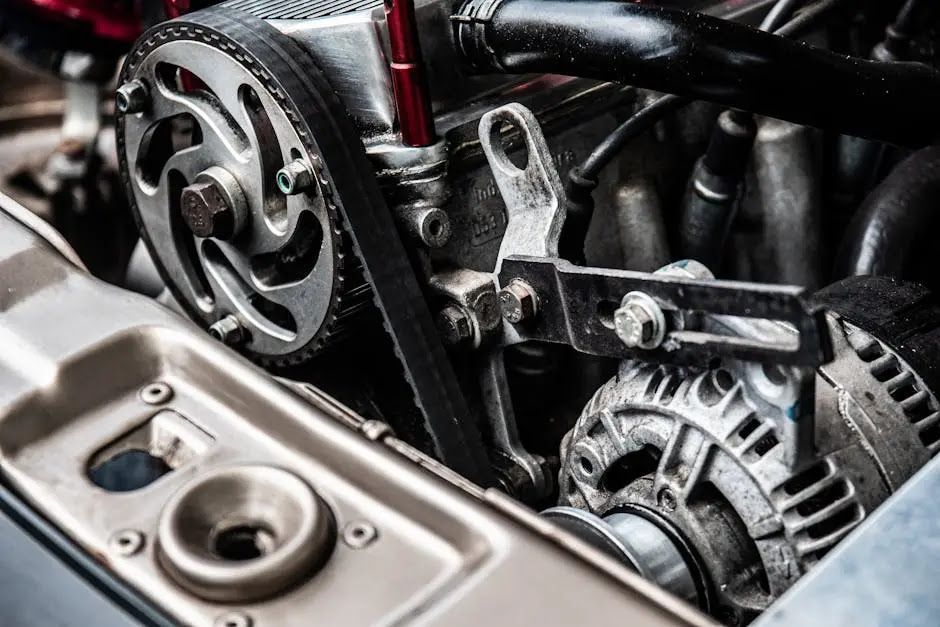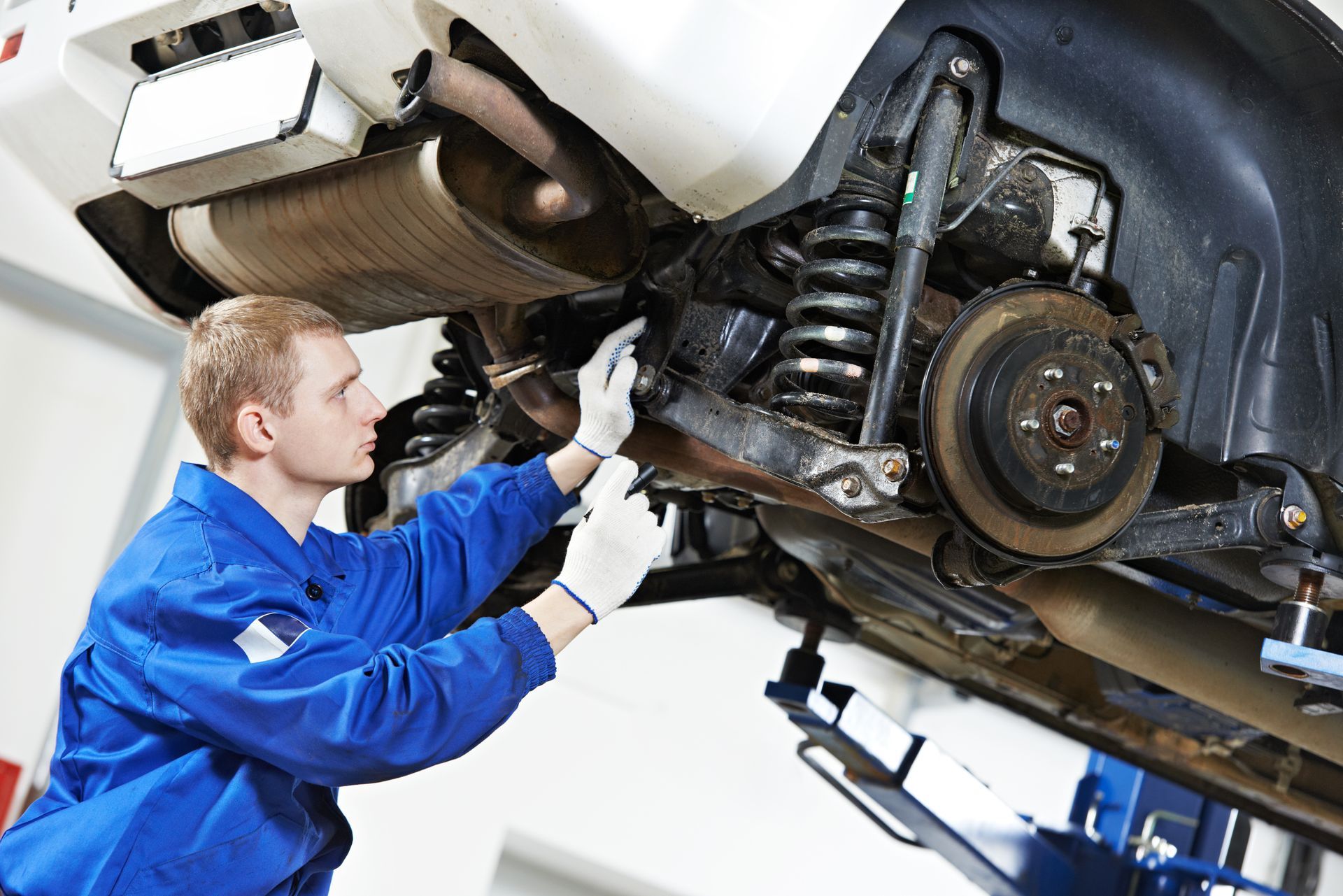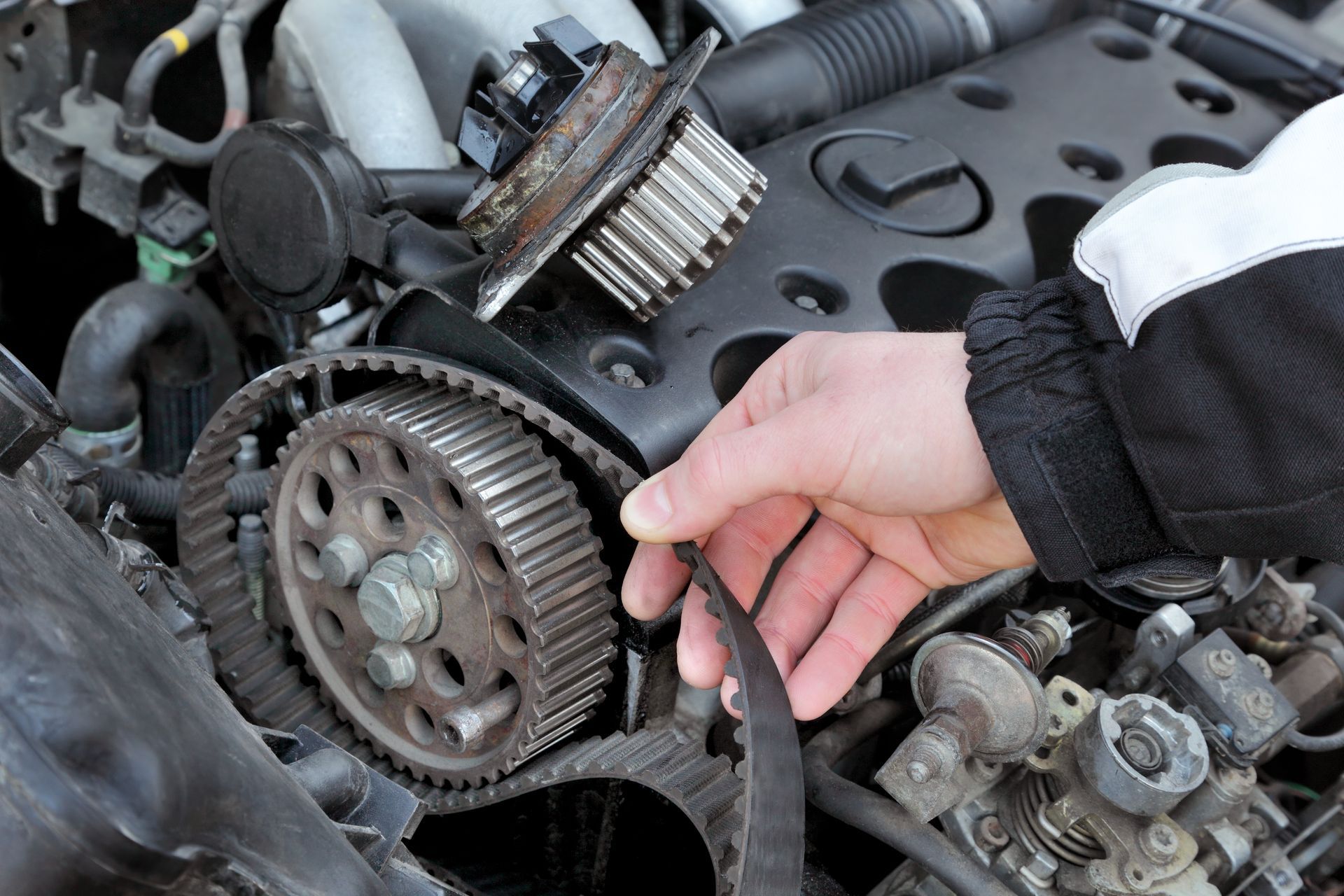Spotting a small oil spot on your driveway can be easy to brush off. You might think it’s just a minor inconvenience — maybe a few drops here and there won’t make a big difference. However, ignoring a slow oil leak can lead to serious consequences for your vehicle, your wallet, and even your safety. Understanding what happens when you delay fixing an oil leak can help you take action before it’s too late.
How Oil Protects Your Engine
Engine oil is the lifeblood of your vehicle. It lubricates moving parts, reduces friction, absorbs heat, and helps keep the engine clean by suspending dirt and contaminants.
When oil levels drop because of a leak, these critical functions are compromised, increasing the risk of severe engine damage.
Common Causes of Slow Oil Leaks
Several factors can lead to a slow oil leak:
- Worn-out gaskets and seals, such as valve cover gaskets or oil pan gaskets.
- A damaged or degraded oil filter or oil drain plug.
- Cracks in the engine block or oil pan.
- Deterioration of seals caused by age, heat, or harsh driving conditions.
Though these leaks start small, they rarely stay that way. Over time, the problem can escalate, resulting in a substantial loss of oil and more extensive repairs.
Short-Term Risks of Ignoring a Leak
Even a slow oil leak can have immediate effects. Low oil levels reduce lubrication, leading to increased friction and heat inside the engine.
This extra stress can cause accelerated wear on bearings, pistons, and other components. You may also notice decreased engine performance, rough idling, or unusual noises if parts begin to grind against each other.
Long-Term Damage to the Engine
When leaks go untreated, oil levels continue to drop, potentially leading to catastrophic engine failure. Running your engine with insufficient oil can cause parts to overheat and seize, which could result in a complete engine rebuild or replacement, one of the most expensive repairs a vehicle can need.
In severe cases, a neglected oil leak can also damage other systems, such as the exhaust and cooling systems.
Environmental and Safety Concerns
Oil leaks aren’t just harmful to your car; they’re also bad for the environment. Leaked oil can contaminate soil and water sources, harming wildlife and plant life.
Leaking oil can also drip onto hot engine or exhaust components, creating a fire hazard. Oil on the ground or roadway can also cause slippery conditions, posing a danger to you and other drivers.
Increased Repair Costs Over Time
While it may seem like you’re saving money by avoiding a trip to the mechanic, delaying repairs usually leads to higher costs.
Replacing a worn gasket early on is much cheaper than dealing with a damaged engine later. By addressing leaks promptly, you prevent small issues from turning into major headaches.
Signs You Shouldn’t Ignore
Keep an eye out for signs that your vehicle is losing oil:
- Oil spots or puddles under your parked car.
- A burning oil smell from the engine bay.
- Blue smoke from the exhaust.
- Low oil levels when checked with the dipstick.
- Dashboard oil pressure warning lights.
If you notice any of these symptoms, it’s crucial to have your car inspected right away.
Proactive Maintenance Pays Off
Regular oil changes and inspections help catch small leaks before they become serious. During oil changes, technicians can examine seals and gaskets for early signs of wear and identify potential problems.
Using the correct oil grade and maintaining your engine’s cooling system can also extend the life of gaskets and seals, reducing the likelihood of leaks.
Trust Power Automotive in Santa Clarita, CA
At Power Automotive in Santa Clarita, CA, we understand that even a minor oil leak can escalate into a significant issue if left unaddressed. Our experienced technicians utilize advanced diagnostic tools to pinpoint the exact source of oil leaks and recommend the most effective solutions to protect your engine and your budget.
If you’ve noticed oil spots under your car or suspect a leak, don’t wait. Schedule an inspection with us today to keep your vehicle running reliably and avoid costly future repairs.

